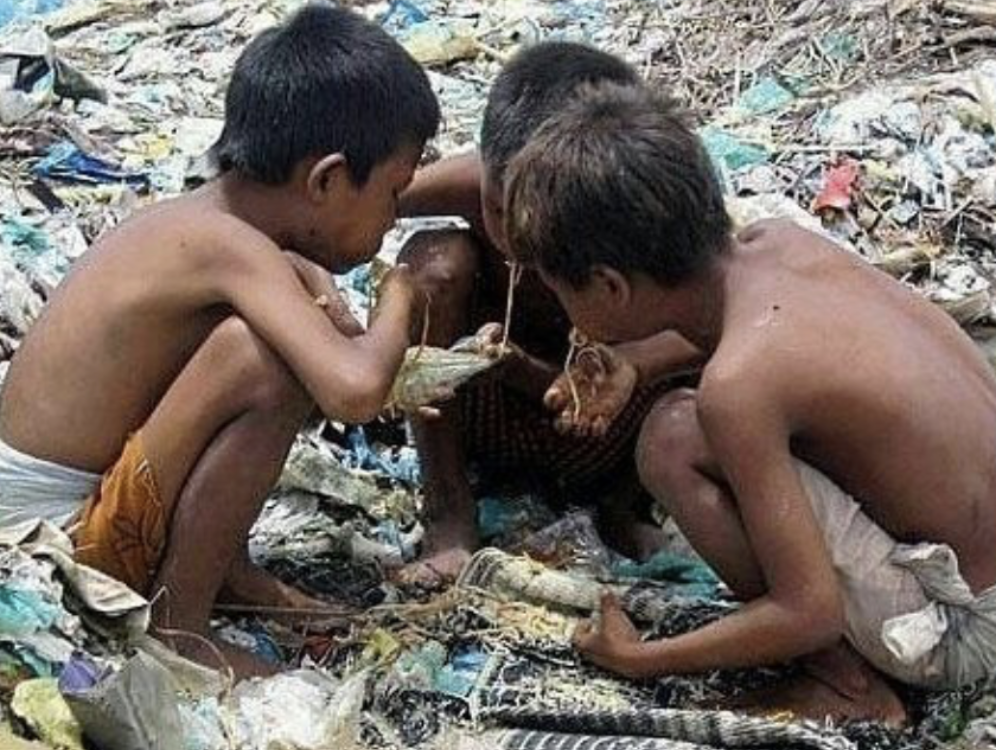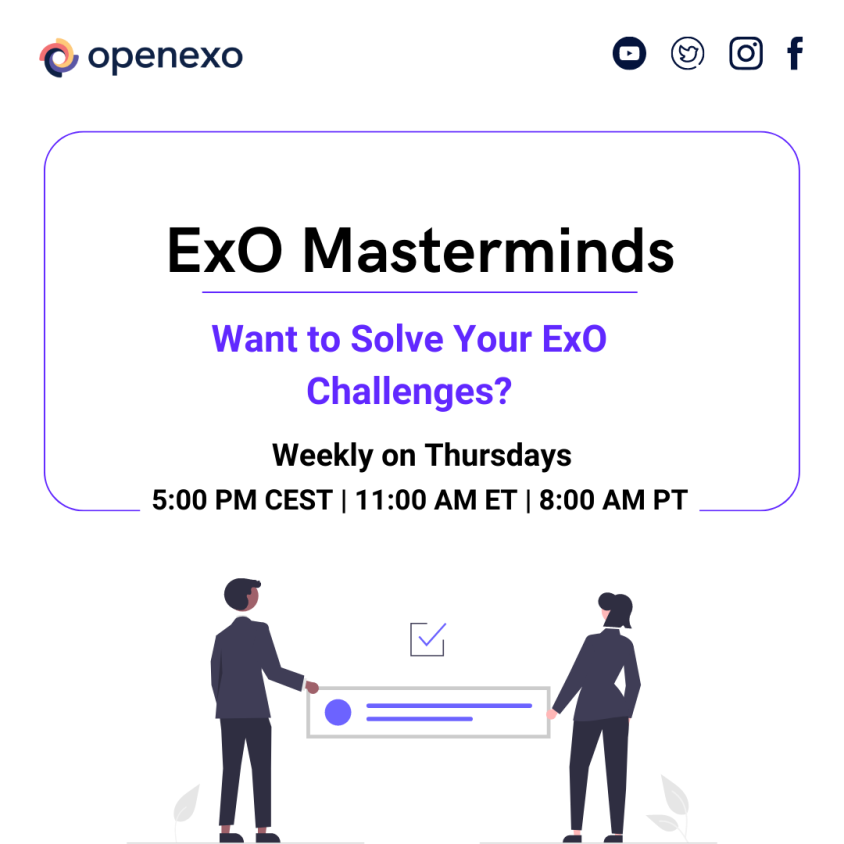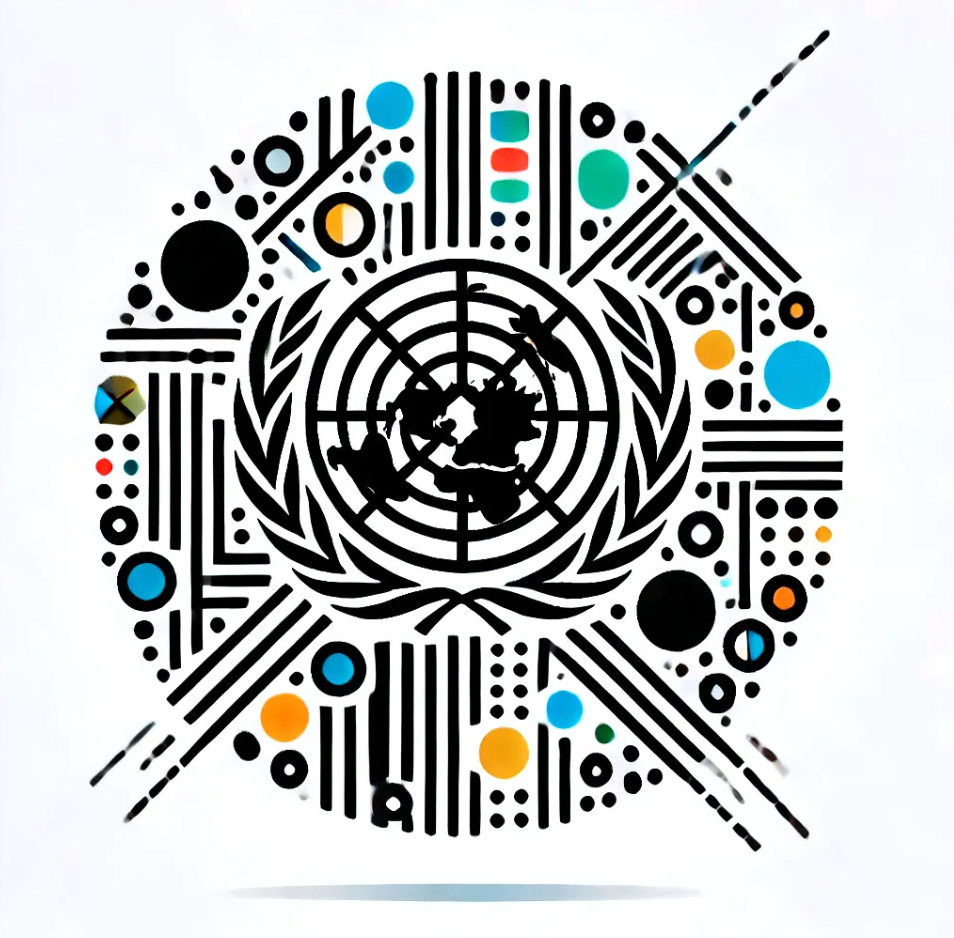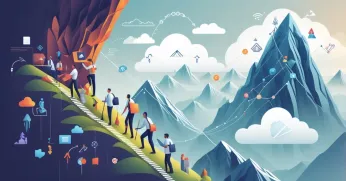
Kids That Read, Eat
In the heart-wrenching moment at a gas station, a truth emerges: as a society, our acceptance of educational disparity perpetuates a cycle of poverty. In the age of information, technology, & collective responsibility, we have the power to transform lives through accessible education for all.
Years ago, on a road trip with friends, we stopped at a gas station for chai and biscuits. As we were enjoying the break, two young boys crawled out of a nearby ditch packed with garbage. The boys asked for rupees and stared at the snacks. There was a brief exchange, and they returned to the littered hole. A conversation ignited among the friend group as I asked, “Shouldn’t they be in school?” and my friend replied, “It is fate.” This response shocked me, coming from him, who is a kind community leader and we were previously discussing the creation of a school with his generosity, and forced me to reflect on how we all participate within the conditions of our society. On a global scale, when it comes to education and poverty, we passively accept the state of things. In this age of information and technology, we have the ability to support access to education for all, as it’s a fundamental human right.
The statistics surrounding uneducated youth and the dire outcomes of poverty paint an alarming picture of the challenges facing societies worldwide. According to UNESCO, approximately 258 million children and adolescents around the globe do not attend school. (1) This staggering number represents a significant portion of the future generation deprived of the fundamental right to education. In most cases, poverty serves as a primary barrier to accessing education. Families struggling to make ends meet often prioritize immediate needs such as food, shelter, and healthcare, over-investing in their children's education. Some cultures think girls don't need or deserve an education. As a result, children from impoverished backgrounds are disproportionately affected by educational disparities. According to UNICEF, children living in the poorest households are nearly four times more likely to be out of school than those from wealthier households.
The consequences of youth lacking education are profound, with implications that extend beyond individual lives. They go on to affect families, entire communities, and society for generations. Without access to quality education, children lack the necessary skills and knowledge to break free from poverty's grip, as they are ill-equipped to compete in the modern job market. The World Bank estimates that each additional year of schooling can increase an individual's earnings by 10%, highlighting the crucial role education plays in economic mobility.
The absence of education hinders social and cognitive development, exacerbating inequality and marginalization. Uneducated children are more vulnerable to trafficking, exploitation, discrimination, and social exclusion, including child labor and early marriage. They are also at a higher risk of falling prey to negative influences such as crime, criminal organizations, exploitative employers, substance abuse, and extremist ideologies, perpetuating a cycle of violence, social instability, and conflict. Lack of education undermines efforts to achieve sustainable development and promote social cohesion, which are vital characteristics of thriving communities. Education is a fundamental human right and a powerful tool for fostering equality, tolerance, empathy, and global citizenship.
As a society, we can all positively participate by becoming proactive in education by supporting organizations and initiatives that provide educational opportunities. This resembles a culture that values lifelong learning and encourages intellectual curiosity. By recognizing education as a collective responsibility to empower young minds, we can invest in building a brighter future for generations to come. Investing in education is fundamental for the future, as allocating resources for infrastructure, teacher training, and curriculum development. Educators need ongoing training, competitive salaries, and supportive working conditions to deliver quality education effectively. As citizens, we can advocate for policies prioritizing education, ensuring equitable access to schooling, and addressing socio-economic barriers. Community Involvement plays a vital role in supporting schools, providing resources, volunteering, and fostering a culture of learning outside the classroom. Parental Engagement is necessary in children's education. It involves supporting learning at home, participating in academic or extracurricular activities, if possible, and advocating for children's needs. As individuals, we can volunteer our expertise to mentor young people and exercise our skills.
In 2001, when my son entered the school system in New York City, I realized the lack of arts and hands-on skills introduced in the classrooms. I personally taught a variety of art classes, implementing useful tools of intention, attention, and creation. Over the years, the MAY (Mindfulness, Arts, Yoga) Kids Transform 501c3 Foundation developed, fostering wellness and community through Mindfulness, Arts, and Yoga. The curriculum cultivates emotional intelligence, self-awareness, and creative processes for students and educators, with over 100k participants implementing the program, from elementary school to college. The MAY program is always evolving and tailoring curricula for different educational institutions to fit the needs of their students and educators. MAY seek's to expand globally, as the feedback demands the need to nurture the next generation's holistic development and well-being and improve their educational experience by using AI technology. MAY is collaborating with Knowverse to democratize education. By breaking down barriers and eliminating economic, physical, language and educational obstacles standing in the way of learning for all. Education belongs to all of us.
Rapidly advancing technology can serve as a catalyst for improved and widespread education as it’s leveling the field for all who have access to a mobile phone. Artificial intelligence (AI) presents new opportunities to address the educational needs of all people. AI-powered technologies can help overcome traditional barriers to education for youth by providing personalized learning experiences, expanding access to educational resources, and facilitating remote learning. For example, AI algorithms can analyze individual learning styles and preferences to tailor educational content to the needs of each student, maximizing engagement and retention. Furthermore, AI-enabled chatbots and virtual tutors can provide on-demand support and guidance to students, supporting the role of teachers and expanding access to personalized learning opportunities. Virtual reality simulations and interactive learning platforms can create immersive educational experiences that bring complex concepts to life and foster creativity and critical thinking.
Society now has more potential than ever before to revolutionize education and empower generations. In the age of information and automation, youth can be exposed to the knowledge and skills they need to thrive. Ultimately, empowerment through education is not only a matter of social justice but a prerequisite for sustainable development for our future society and state of the world. By investing in the education of youth, societies can unlock their potential as agents of change, innovation, and progress to cultivate peace, compassion, and global collaborations, paving the way for a brighter future in this advanced-tech and hyper-connected world.
Education is interwoven into the fabric of society, directly affecting self-development, families, and communities. It's time to envision a new system of education to accommodate the needs of the 21st century. We can do amazing work when we come together with love and believe there is enough for all of us, as we all belong and participate in this world with our unique expression. This is the building blocks of legacy and grace to allow people, through education, to create their own thriving reality.
Please visit the website www.maykidstransform.org for more information on what we do. Join us on the educational revolution to support teachers, educate youth, and uplift the world.

One of the MAY Kids projects in Rishkesh, India
References
- “New Methodology Shows that 258 Million Children, Adolescents, and Youth Are Out of School.” n.d. UNESCO Institute for Statistics. Accessed March 6, 2024. https://uis.unesco.org/sites/default/files/documents/new-methodology-shows-258-million-children-adolescents-and-youth-are-out-school.pdf

Weekly on Thursdays: Join our weekly ExO Networking calls by Registering here
Participate in the weekly ExO Masterminds sessions by Registering here
ExO Insight Newsletter
Join the newsletter to receive the latest updates in your inbox.










